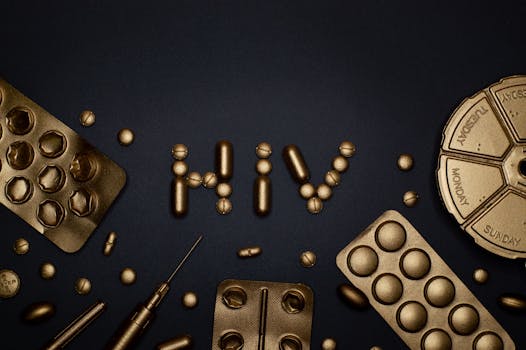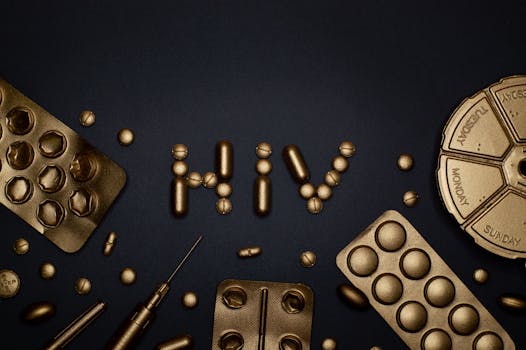
The Science Behind Vaccines and Public Health
Introduction to Vaccines

The science behind Vaccines and Public Health has revolutionized the way we approach healthcare, saving countless lives and preventing the spread of diseases. Vaccines have been instrumental in controlling and eliminating many infectious diseases, and their impact on public health cannot be overstated. In this article, we’ll delve into the world of vaccines and explore how they work, their history, and their impact on public health.
How Vaccines Work

Vaccines work by introducing a small, harmless piece of a pathogen, such as a virus or bacteria, to the body. This triggers an immune response, which enables the body to recognize and fight the pathogen. There are several types of vaccines, including inactivated vaccines, live attenuated vaccines, and conjugate vaccines. Each type of vaccine works in a slightly different way, but they all have the same goal: to protect the body against disease.
History of Vaccines

The history of vaccines dates back to the 18th century, when Edward Jenner developed the first vaccine against smallpox. Since then, vaccines have been developed against many other diseases, including measles, mumps, rubella, and polio. The development of vaccines has been a long and complex process, involving the work of many scientists and researchers over the years.
Impact of Vaccines on Public Health

The impact of vaccines on public health has been profound. Vaccines have saved countless lives, prevented the spread of diseases, and improved the quality of life for millions of people around the world. According to the World Health Organization (WHO), vaccines have prevented the deaths of an estimated 10 million people between 2010 and 2015 alone. Vaccines have also had a significant impact on the economy, with a study by the Centers for Disease Control and Prevention (CDC) finding that every dollar invested in vaccines saves an estimated $16 in healthcare costs.
Conclusion

In conclusion, the science behind vaccines and public health is a fascinating and complex topic. Vaccines have revolutionized the way we approach healthcare, saving countless lives and preventing the spread of diseases. As we continue to develop new vaccines and improve existing ones, it’s essential that we also work to address the challenges facing vaccine development, such as vaccine hesitancy and access to vaccines in low-income countries. By working together, we can ensure that the benefits of vaccines are available to everyone, and that we continue to make progress in the fight against infectious diseases.



